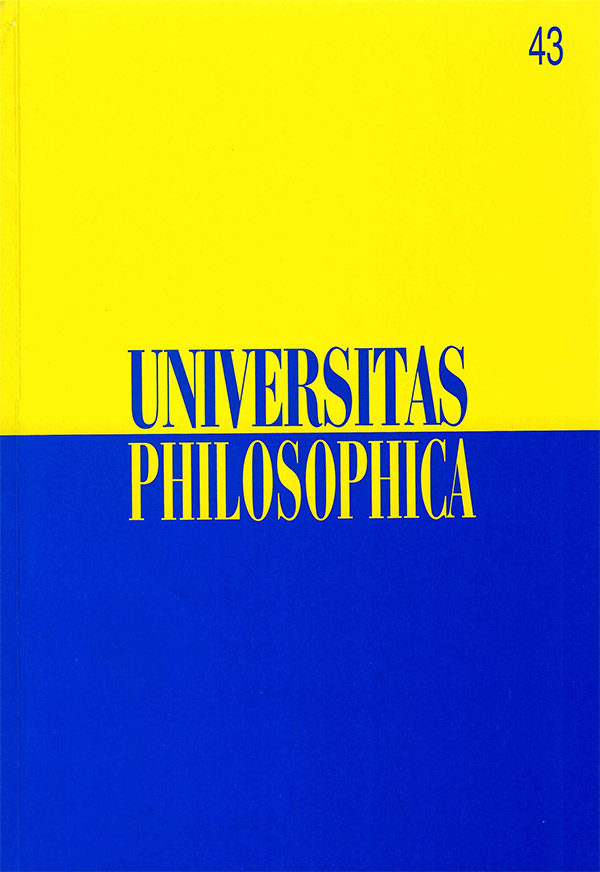Abstract
Heidegger's concepts of `discourse' and 'language' play a fundamental role in the interpretations of his early work, especially in Being and time. Nevertheless, the exact extent of their functions differs between interpretations and scholars. This multiplicity of interpretations is a direct answer to the constitution of language itself, as an hermeneutical phenomenon. But even though this existential concept of language can be approached from different points of view, its meaning is ultimately decided by the internal coherence of Heidegger's philosophical project and by the task of the existential analytic as a whole. This paper attempts to offer a general description of the constitution of the concept of language in Being and time; and also to provide an account of language's ontological horizon: that is, the fundamental problem of possibility. Thus, by attending to the complex set of relations that determines the organization of the concept of language we will be able to read Heidegger's Being and time in a new way.This journal is registered under a Creative Commons Attribution 4.0 International Public License. Thus, this work may be reproduced, distributed, and publicly shared in digital format, as long as the names of the authors and Pontificia Universidad Javeriana are acknowledged. Others are allowed to quote, adapt, transform, auto-archive, republish, and create based on this material, for any purpose (even commercial ones), provided the authorship is duly acknowledged, a link to the original work is provided, and it is specified if changes have been made. Pontificia Universidad Javeriana does not hold the rights of published works and the authors are solely responsible for the contents of their works; they keep the moral, intellectual, privacy, and publicity rights.
Approving the intervention of the work (review, copy-editing, translation, layout) and the following outreach, are granted through an use license and not through an assignment of rights. This means the journal and Pontificia Universidad Javeriana cannot be held responsible for any ethical malpractice by the authors. As a consequence of the protection granted by the use license, the journal is not required to publish recantations or modify information already published, unless the errata stems from the editorial management process. Publishing contents in this journal does not generate royalties for contributors.


